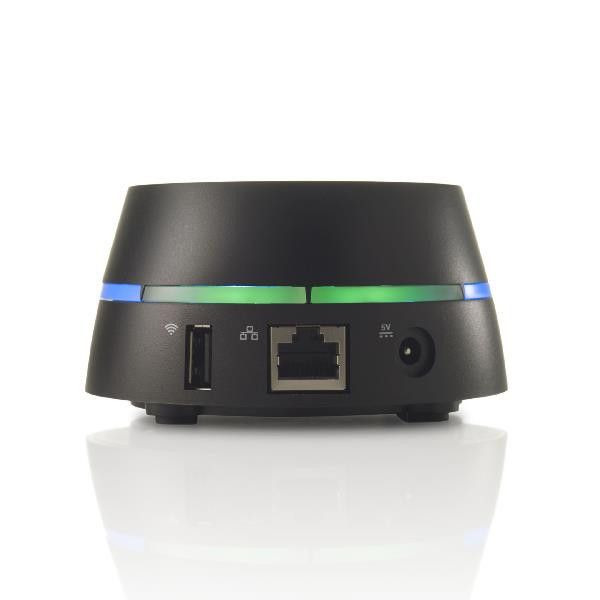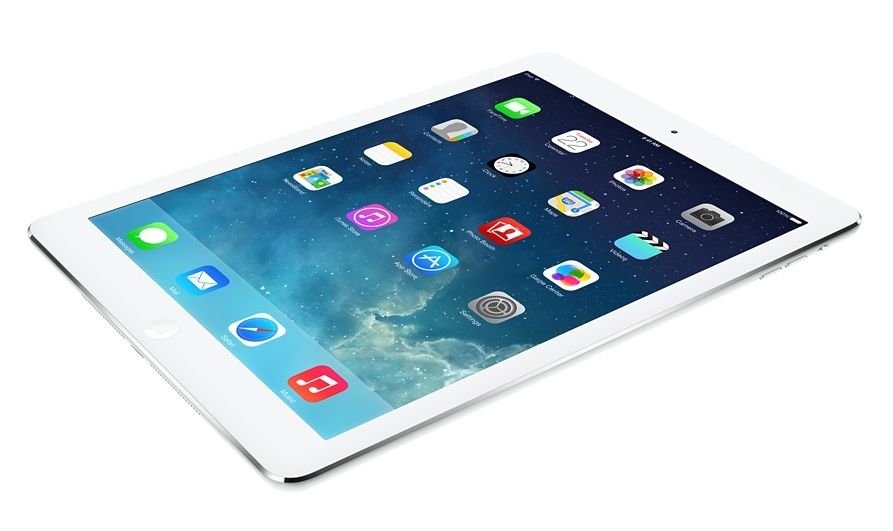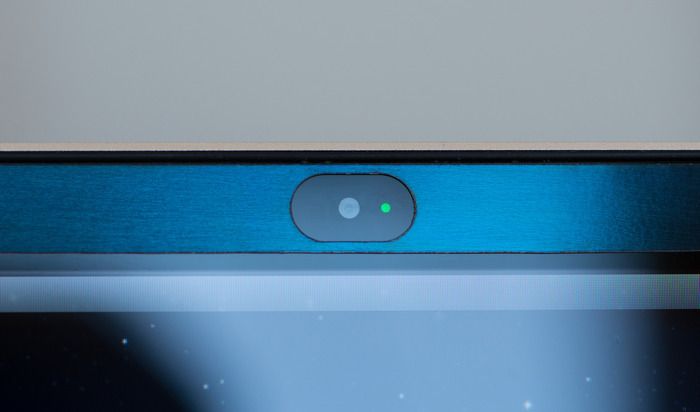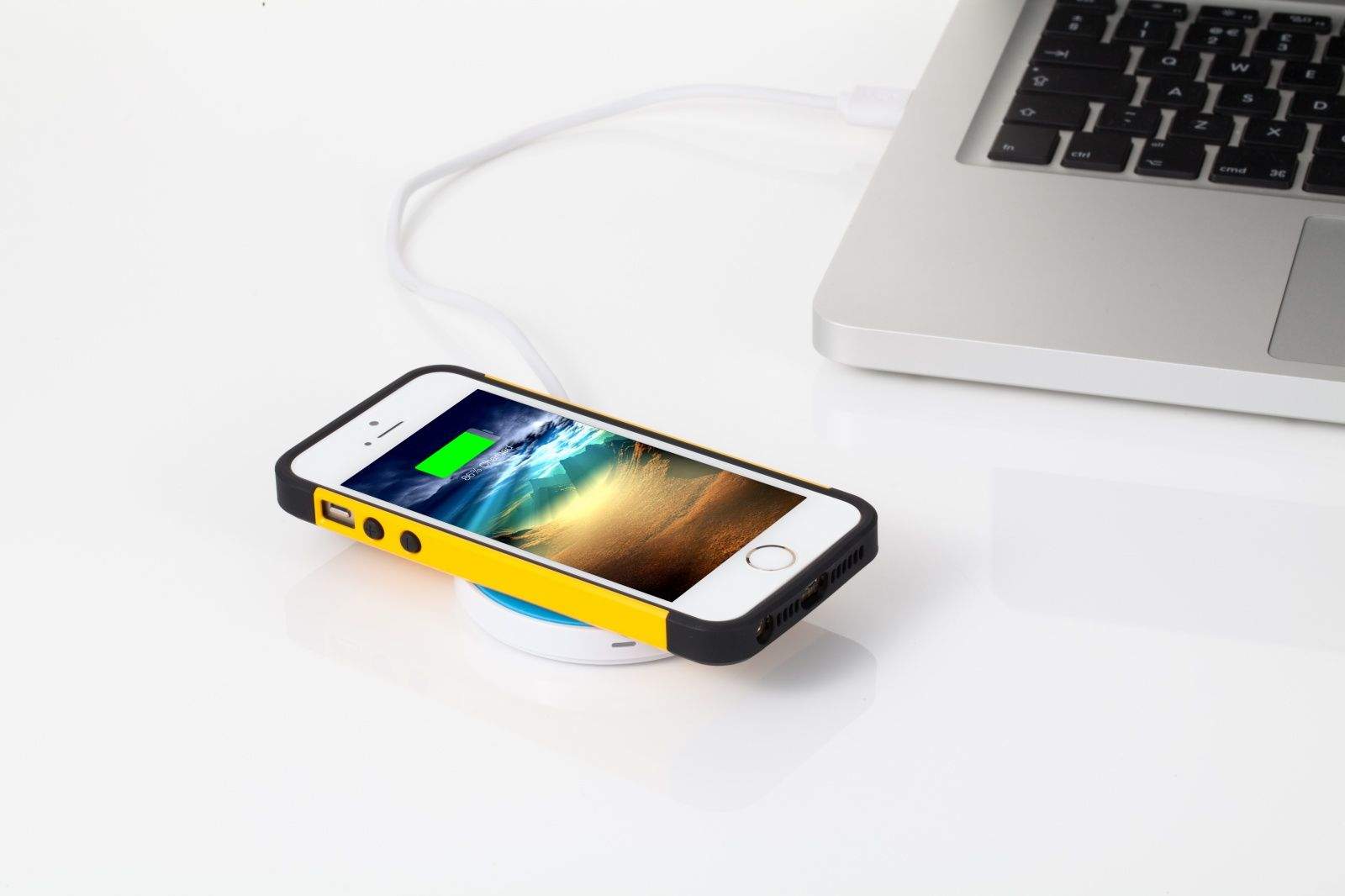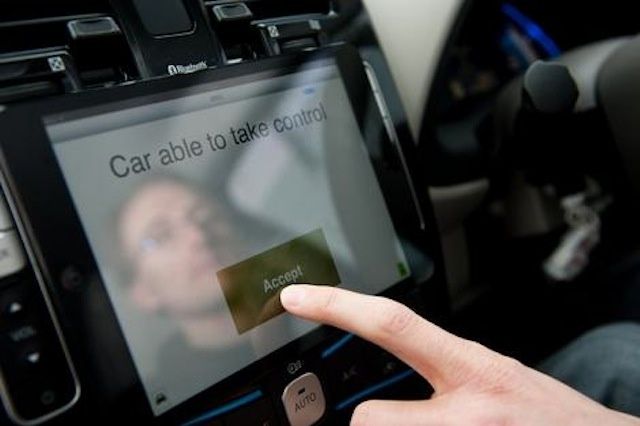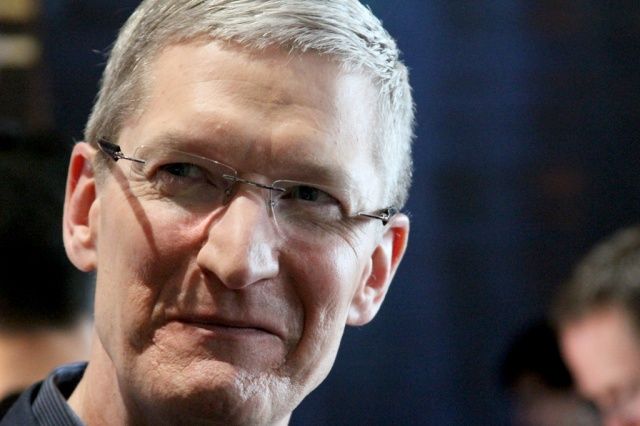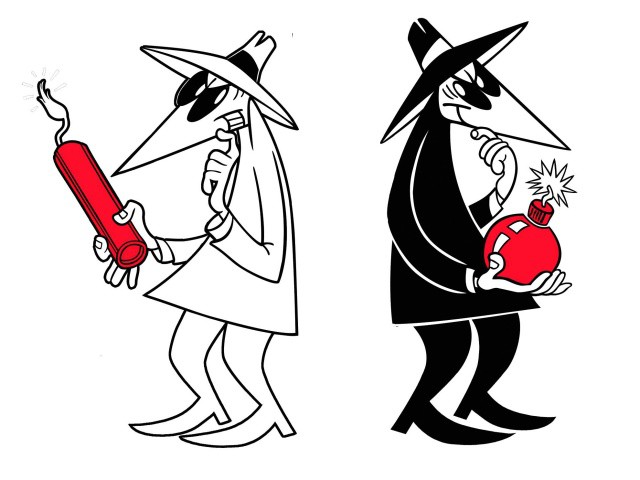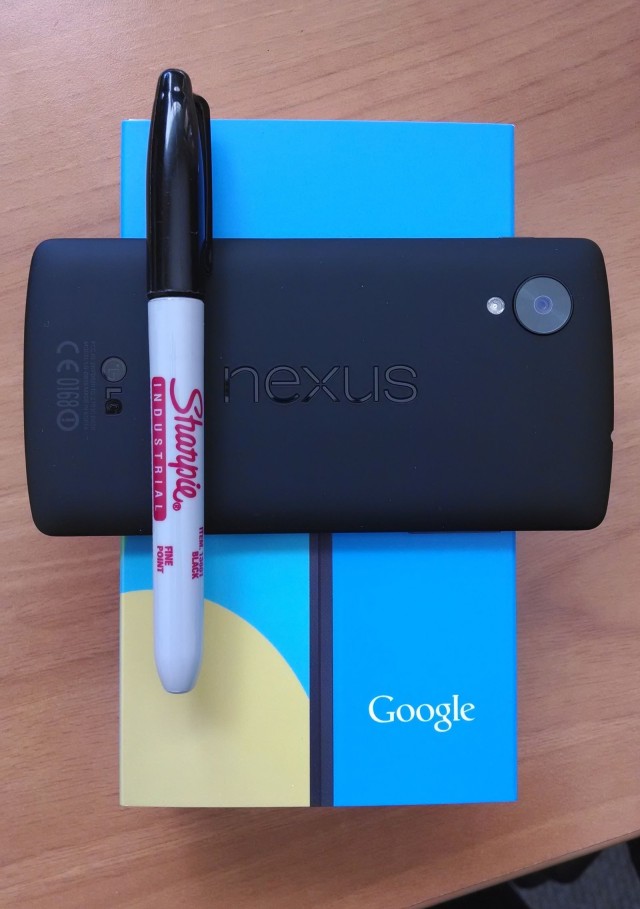Developer Gaijin Games’ Bit.Trip Presents Runner 2: Future Legend of Rhythm Alien quickly became one of my favorite games this year when it launched for consoles and PC back in February. It had a lot of personality, precise gameplay, and was just challenging enough to keep you on your toes but not enough to be frustrating.
Category: iOS Games
Works With: iPhone, iPad
Price: $3.99
The iOS port, Bit.Trip Run!, keeps the original’s levels, fantastic graphics, and entertaining narration from voice actor Charles Martinet (the voice of Nintendo’s Mario). So it’s mostly the same game. But it drops the necessarily accurate button controls in favor of taps and swipes for the mobile platform, and that really cuts the game down a few notches. I’d almost say that it makes it unplayable, but that’s not quite the case.
But it does take a great deal of patience to play well.
![Bit.Trip Run!: If It Ain’t Broke, Break It [Review] Bit.Trip Run](https://www.cultofmac.com/wp-content/uploads/2013/11/Bit.Trip-Run-03.jpg)

![Get 100% Free High Speed 4G LTE Internet With FreedomPop Hotspot [Deals] coM - freedompop](https://www.cultofmac.com/wp-content/uploads/2013/10/coM-freedompop.jpg)
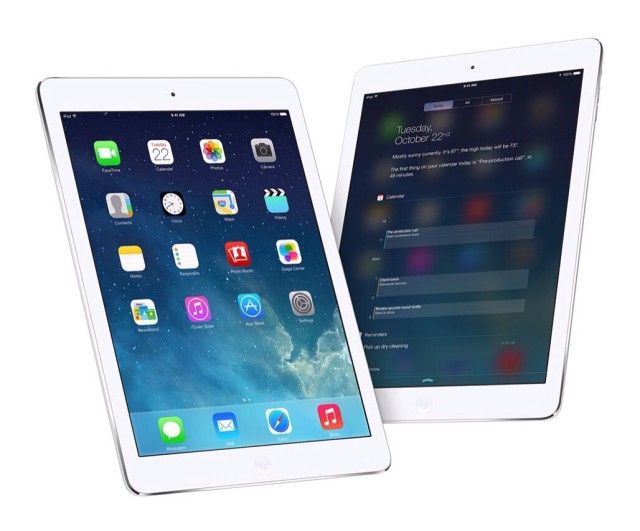

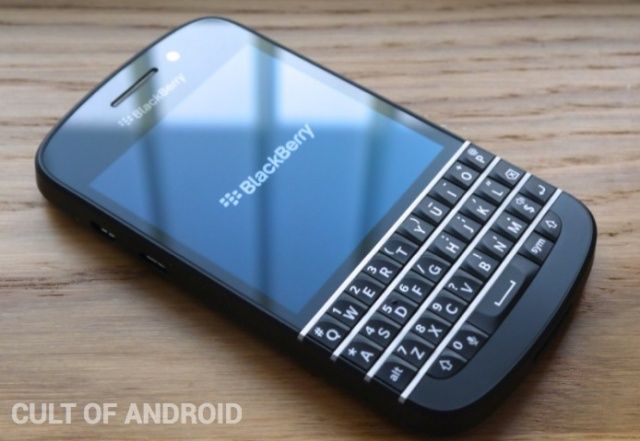
![Keep Your Private Notifications Off Your Lock Screen In Mavericks [OS X Tips] Mac lock screen notifications](https://www.cultofmac.com/wp-content/uploads/2013/11/Mac-lock-screen-notifications.jpg)
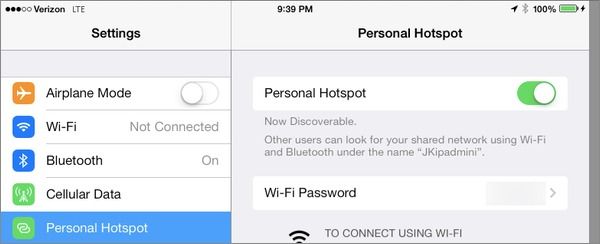

![Meet The iPhone Air, Apple’s Lightest iPhone Yet [Concept] 002c](https://www.cultofmac.com/wp-content/uploads/2013/11/002c.jpg)
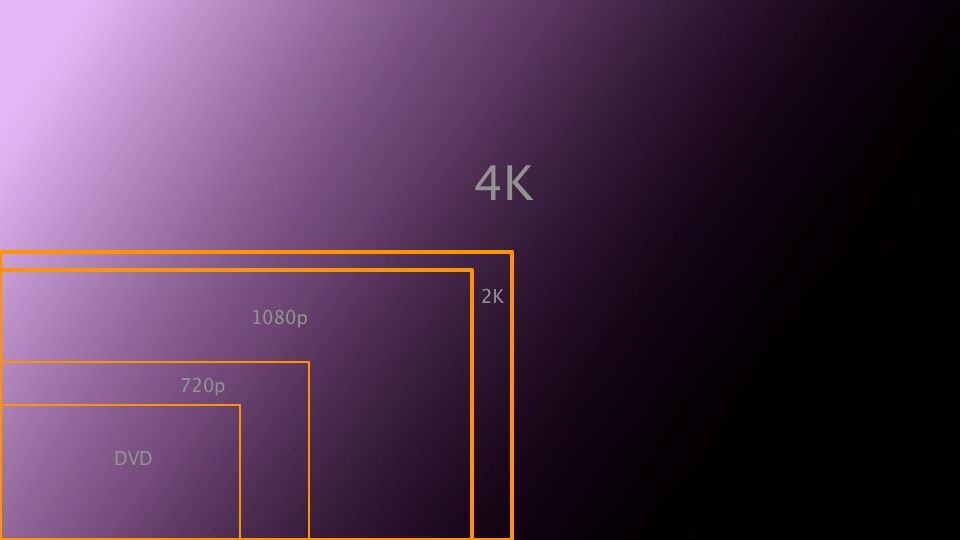
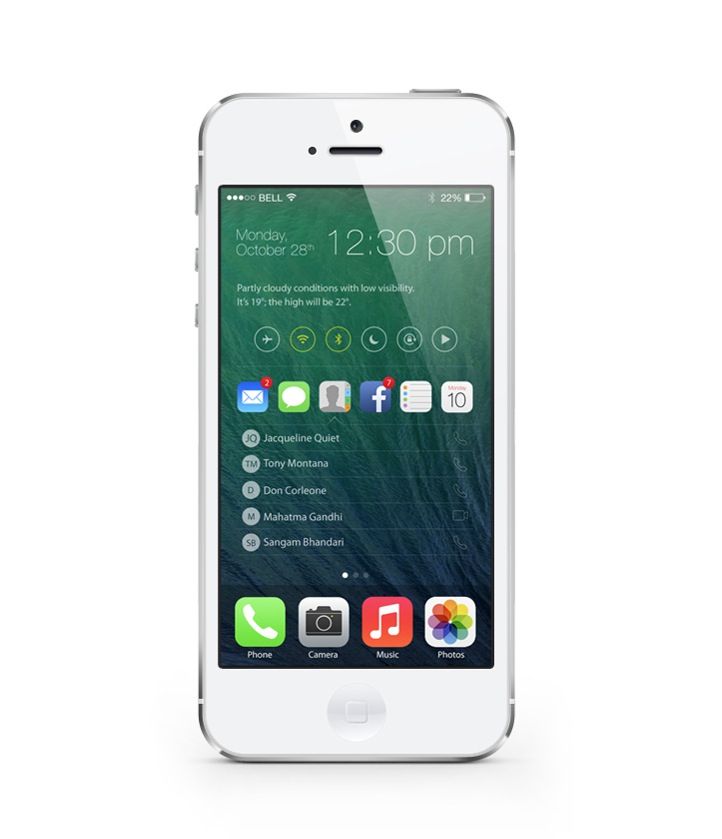
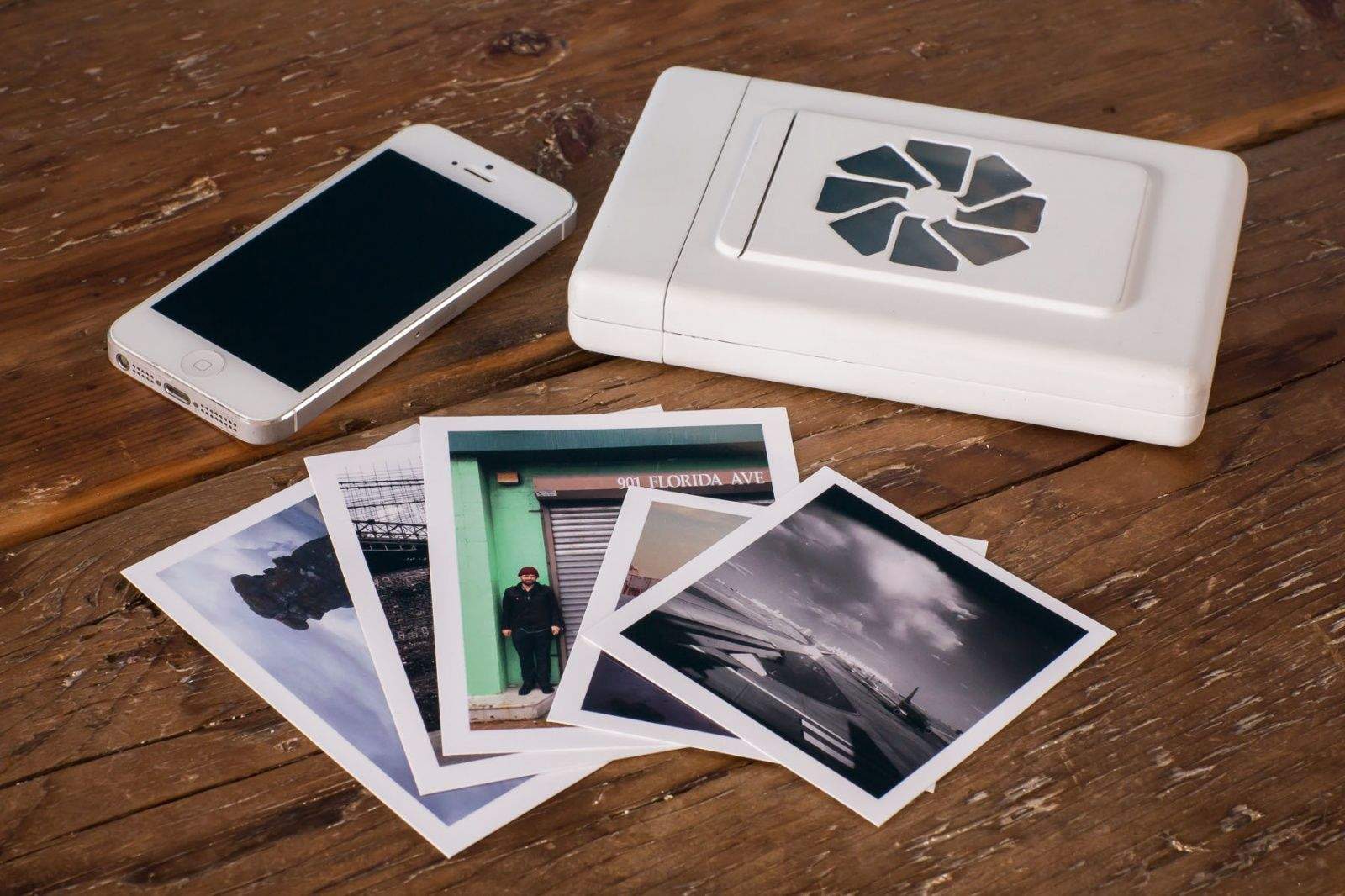
![Siri Makes Another Hilarious Appearance On The Simpsons [Video] Siri-The-Simpsons](https://www.cultofmac.com/wp-content/uploads/2013/11/image.jpg)

